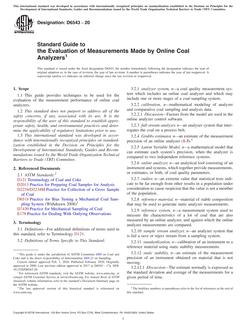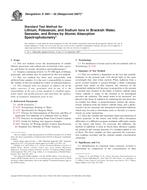1.1 A supralaryngeal airway is a device placed through the mouth, intended to seal the supralaryngeal area to maintain airway patency without passing through the vocal cords to independently facilitate ventilation with or without delivery of anesthesia gases. Devices intended to provide a breathing airway and/or to simultaneously provide a guide for the intubation of tracheal tubes, bronchoscopes, and suction devices are also included in the scope of this standard, as are the connectors inserted into the machine end of these devices.
1.2 Examples of supralaryngeal airway devices are laryngeal masks, tubes, airways and seals, cuffed oropharyngeal airways, and pharyngeal airways, and combination airway/esophageal obturators.
1.3 * The following devices are outside the scope of this standard: nasal and oropharyngeal airways, anesthetic masks, oro- and naso-tracheal tubes, cricothyrotomy devices, dental appliances, tracheal stents, tracheal tubes, ventilating laryngoscopes, CPAP devices, esophageal obturators, bougies, and devices that require surgical placement.
1.4 This Standard requires dimensional disclosure so the operator will know which auxiliary instruments, such as tracheal tubes and bronchoscopes will be size-compatible.
1.5 * Based on the risk assessment included in this document, requirements have been established to mitigate or reduce patient safety hazards identified during that process. See Annex D.
1.6 Flammability of airways, for example if used with certain flammable anesthetics, electrosurgical units or lasers, is a well-recognized hazard that is outside the scope of this Standard. See Annex E.
Product Details
- Published:
- 12/01/2006
- Number of Pages:
- 29
- File Size:
- 1 file , 330 KB


